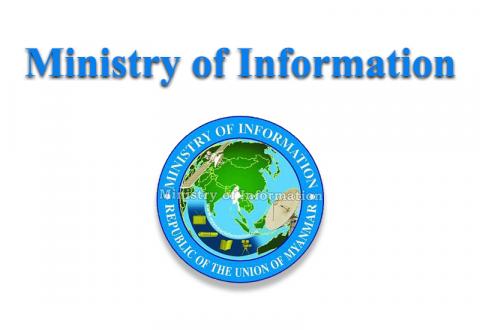Ensure a polio-free future for children
THE World Health Organization’s declaration that polio has been eradicated worldwide is undoubtedly a cause for celebration. However, the risk of resurgence remains, especially in remote and inaccessible regions where children are deprived of polio treatment and vaccinations. Poliomyelitis poses a real threat to children, and it can reemerge in communities that face vaccination challenges.
While it is rare, the polio virus can attack crucial parts of the central nervous system, including those responsible for breathing, potentially leading to death. Even children under five, who have received polio vaccinations, can still be susceptible to poliomyelitis. Though there is no cure for the disease, widespread vaccination and immunization campaigns are essential to prevent outbreaks.
Reports from the WHO show significant progress in reducing polio outbreaks since 1988, with cases decreasing by over 99 per cent. In 1988, more than 350,000 people worldwide suffered from poliomyelitis, whereas in 2021, only six cases were reported. Nevertheless, the disease still persists in Pakistan and Afghanistan.
Regrettably, some countries previously declared polio-free have experienced new infectious forms of the disease. For instance, although African countries were declared polio-free in August 2020, cases emerged in Malawi and Mozambique in 2022. The United States of America and Malaysia have also reported cases in recent years.
The WHO celebrated Myanmar’s polio-free status on 27 March 2014. However, due to lapses in immunization, polio has reappeared in children from remote areas. In June 2019, derived Poliovirus Type 1 was detected in a child residing in Papun Township of Kayin State. Subsequently, the Department of Public Health initiated extensive immunization efforts in 12 townships to curb the infection’s spread.
It’s crucial to emphasize that every child is susceptible to the polio virus, making prompt vaccination a necessity. Failure to do so may result in an alarming prediction by the WHO – if we don’t completely eliminate polio, as many as 200,000 people worldwide could face infection annually within a decade.
The World Polio Day, observed on 24 October each year, serves as a reminder of the importance of maintaining vigilance. Polio is caused by a highly contagious virus, and oral polio immunization is key to ensuring that Myanmar’s children remain free from infection.
The global battle against polio has made remarkable progress, but the threat of its resurgence, especially in underserved regions, demands continuous efforts to ensure that every child receives timely vaccination. Let World Polio Day be a call to action, motivating us to protect our children and secure a polio-free future for all.
#TheGlobalNewLightOfMyanmar

